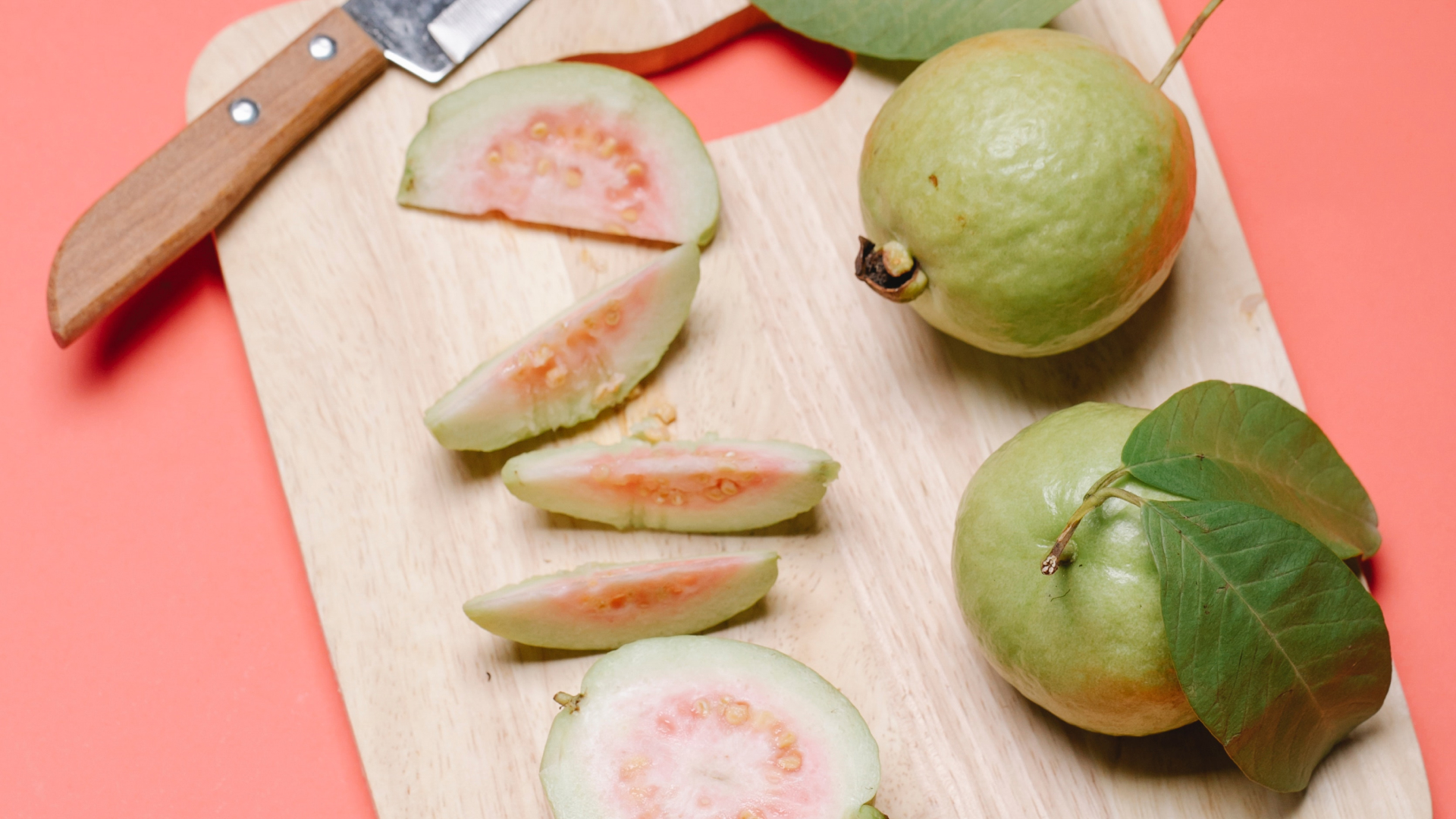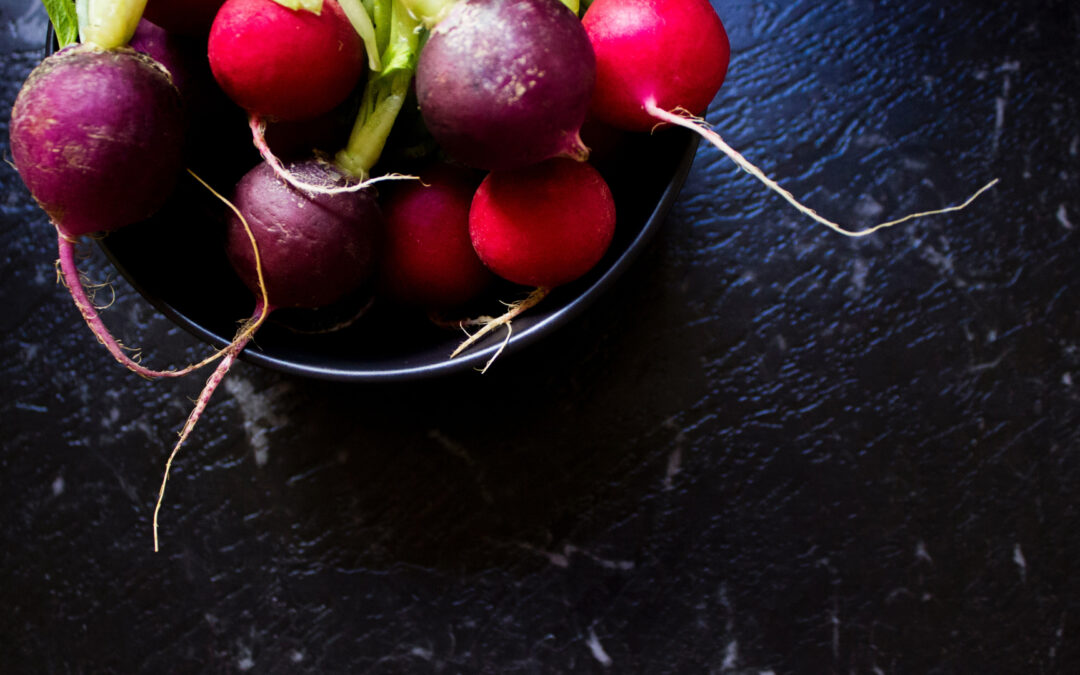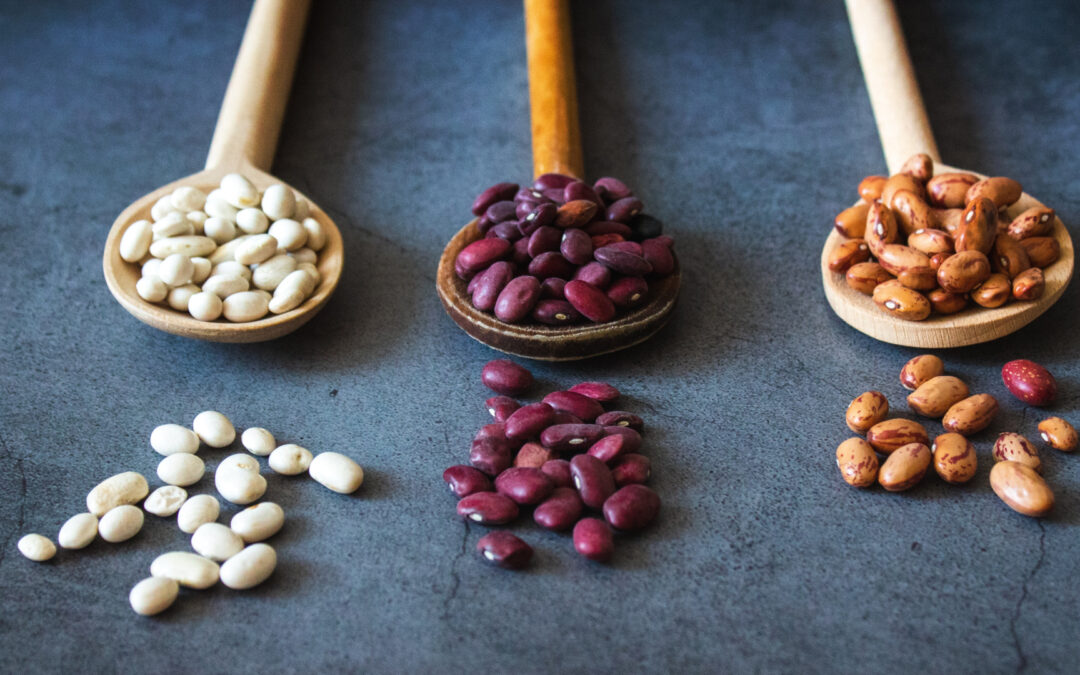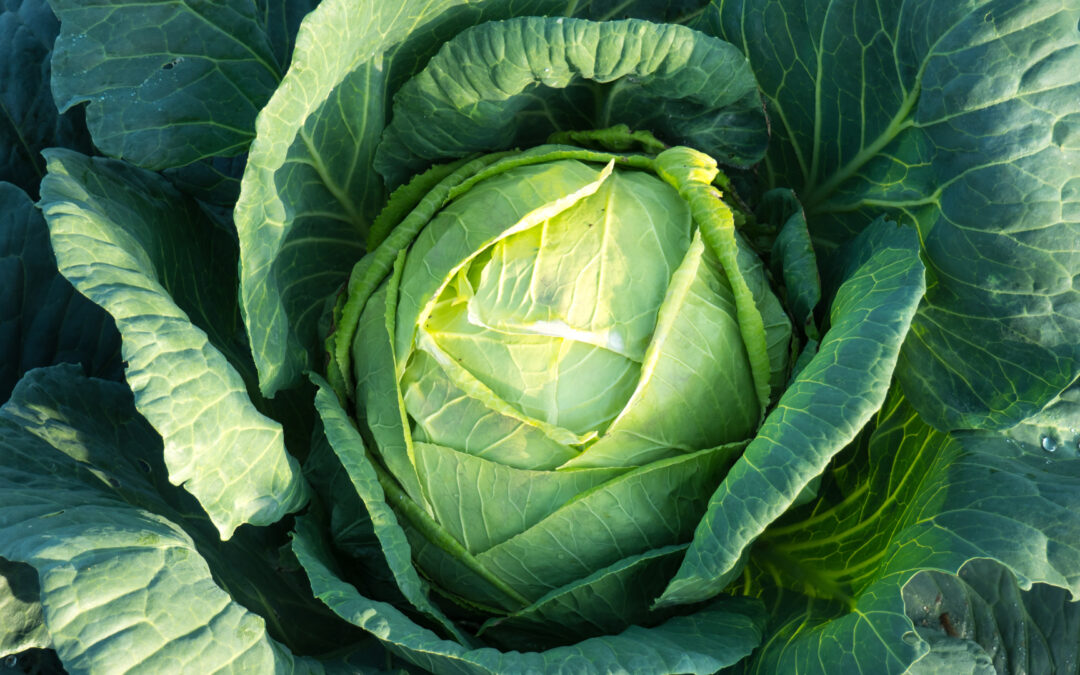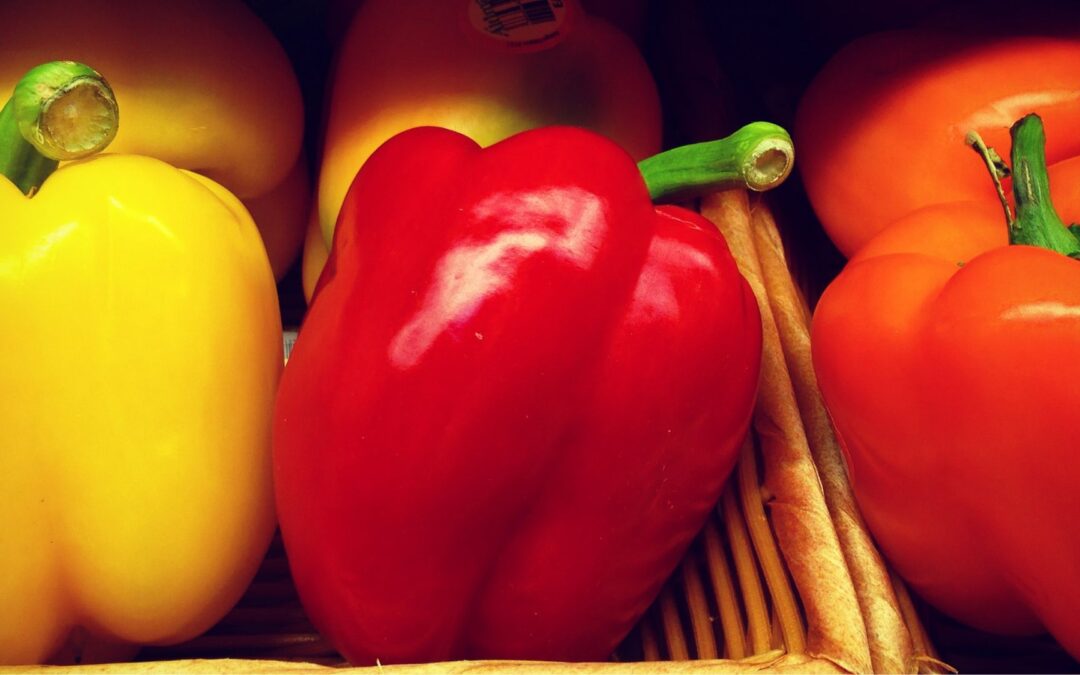I was never much of a fan of eating guavas. So my mother used to recite to me the rhyme of Kazi Nazrul Islam “Khuki O Kathbirali” when I was a kid if I might feel interested in eating the fruit! Nothing changed upon me until one day, she found an article in a newspaper and read it out to me – “Eating guava makes you lose weight!” And that was the moment I was curious about it and grew to enjoy the suave taste of guava.
Farmers of Bangladesh are now very engaging with the cultivation of guava, especially in the place of Borishal, Jhalakathi, Jessore, Chittagong, Rangamati, Rajshahi and many other districts. Bangladesh is the 8th largest guava producer worldwide. Guava is locally known as ‘Bangla’s Apple’ and its cultivation is gaining popularity in Bangladesh. In 1980-81, Bangladesh’s guava production was 9,000 tonnes, which rose to 506,478 tonnes in 2017-18, registering a 56-fold increase in 37 years. Many farmers have cultivated varieties of Thai guava and achieved extraordinary success. For 5 years, the production of guavas exceeded 3 lakh tonnes and Bangladesh’s economy proceeded with the growth of income of more than 650 crore taka. Many farmers and unemployed people started cultivating guava because it has good prospects as well as suitable land conditions. People are now changing their fate with this silent revolution. The cultivation and trading of guava achieved huge success in Bangladesh. Roushan Hat, Badamtoli, Bagicha Hat and Dohazari of the Chandanaish Upazila, Kharana bus stand and Kamol Munshir Hat of the Patiya Upazila have earned a good name on it. In the monsoon season, canals over Jhalakathi’s Bishkhali, Sugandha, Gabkhan and Sandhya Rivers are covered with guava floating market. The eye-catching orchard of guava attracts tourists in every season.
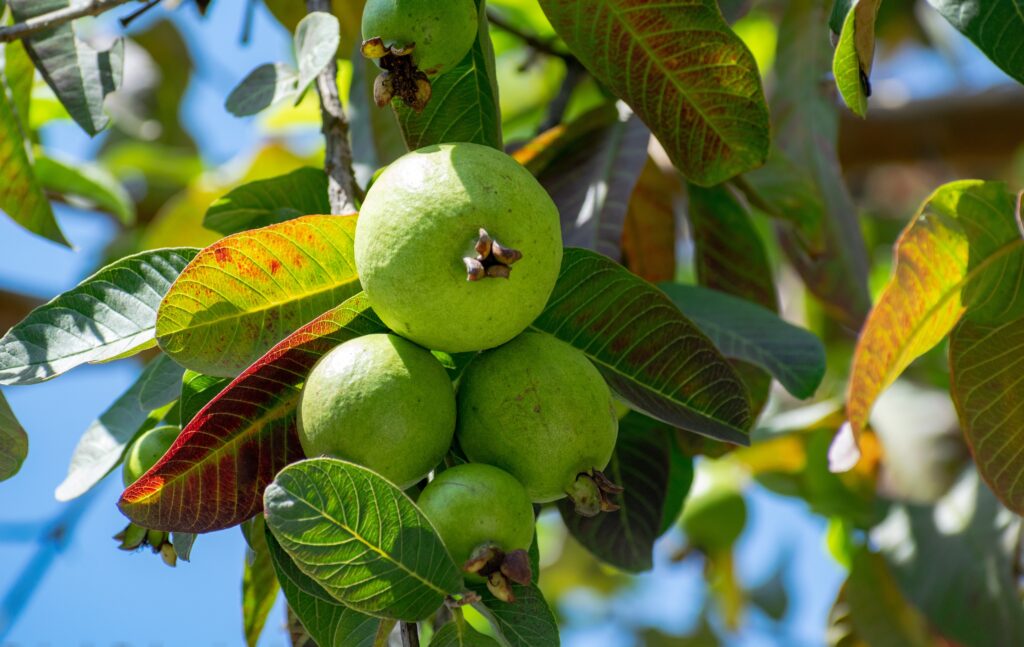
Trading of this deshi apple is different there. Wholesalers visit many places in the guava orchard and collect them. In the right season, sellers come every morning with buskets full of guava, they sell the whole buskets of both fresh green and ripe guava to local people, tourists and commercial parties. This tropical and subtropical fruit is reached everywhere in Bangladesh.
Guava is considered a powerhouse of nutrients with dietary fibre, vitamins, and minerals, containing vitamins C, A, E, and B vitamins, as well as potassium, phosphorus, magnesium, calcium, sodium, and zinc. Besides, a 100g serving of it contains only 68 calories, roughage (fibre), no cholesterol, and a small number of carbohydrates. This means we can enjoy it without worrying about our weight! Yes, my mother was right! She always suggested my father have guava for at least a day to control his diabetes and high blood pressure issues.
A 2019 study says guava extracts, guava leaf tea, and supplements containing guava are good for preventing the rise in blood glucose levels. A 2016 study says, the magnesium, potassium, and polysaccharides in guava, and guava-leaf tea act as antioxidants to fight oxidative stress and maintain the balance in cholesterol levels. Undoubtedly, it’s a perfect snack for Diabetes and High Blood Pressure patients who are struggling with their routine.
Some may find it funny, but the truth is eating raw guava and chewing its leaves helps to fight against diarrhoea, dysentery, and stomach diseases. Not only stomachaches, guava and its leaves’ anti-cough, but anti-microbial anti-inflammatory, astringent, and analgesic properties also improve skin complexions such as acne, cough trouble, and toothache-like issues. The antioxidants work as UV protection and vitamins A and C enhance skin firmness, freshness, and so on. Also, the abundant amount of vitamins A and C help to boost vision.
Apart from the special cases, guava can truly save your day. Have guava at your meal and bring peace to your health. Because we know, “Sound Health Brings Sound Mind.”
